Table of Contents
ToggleEthics are hard to define since they’re abstract and manipulable by society. They’re not something concrete that we can physically detect with our own eyes.
Yet, ethics and human values in addition to our morals are important for society to remain well-oiled. For example, telling the truth is the moral obligation of each individual to keep society from turning malevolent.
Why are ethics important for society?

The utility of ethics lies in creating a guideline for proper human behavior, so our society can function, flourish, and continue to exist in the future.
It also guides us on our way to becoming the best possible version of ourselves in the future. This is the main reason why ethics are important. However, these are the other benefits of ethics:
Satisfying our basic human needs for fulfillment
- Being honest with ourselves and with other people is essential to trust each other and to have an open, honest communication style.
Every person wants meaningful relationships with those around us, and this is not possible if there’s no honesty, respect, and trust in each other.
- Searching and telling the truth to yourself and others is another indispensable ethic.
That’s because making advantageous, thoughtful decisions and good behavior requires the truth.
We need those facts so that we make our choices based on all the available information that’s also correct.
- Ethics are our guidelines for fairness and justice.

If people step out of line and are participating in harmful behavior, then there will be consequences in the form of punishment. Think of penalties such as going to jail, or having to pay a fine.
Fairness and justice are encouraged by being rewarded in the form of respect, and even by receiving a salary when doing a good job at work.
- Loving each other is required to feel fulfilled and happy as a human being.
To accomplish this, ethics such as honesty and commitment are important and highly valued.
Otherwise, we can’t sustain meaningful and loving partnerships.
- Ethical behavior teaches us to practice forgiveness and to resolve conflicts with words rather than with our fists.
Savage behavior invites more violence, which means our society would collapse and regress to the survival of the fittest.
If this regression were to happen, then people would be in more danger than they are now in modern society where times are relatively safe and peaceful.
- Helping each other is another critical ethic.
This is perhaps not as prevalent anymore in modern times than let’s say 50 years ago, as people now have more tools and money than they did before. Never mind that it’s easier to get by on our own since we’re much less dependent on others for survival.
Still, humans are highly developed social animals, and we survive by working and cooperating. No matter how strong and capable we might be, we all need support and the assistance of others from time to time.
Protecting the society

Ethics are important to protect society as a whole.
A society can only thrive if there are certain rules that everyone needs to uphold. If not, the society would collapse. Ethics help us strive and adhere to these rules. We apply and encourage those regulations in the form of a reward and punishment system.
Without certain instructions and policies like rape, murder, and violence being felonies, our society would cease to function and even exist.
If you follow the rules of the government, then you will get rewarded with tokens of approval such as money and respect. If you disobey the rules, you are punished with a fine and/or jail time, among other examples.
This system of handing out rewards and punishment is used as a way to condition what we deem to be proper behavior in our society, all the while deterring others from exhibiting unwanted conduct.
Sacrificing immediate gratification for delayed gratification

Ethics like respect for each other, and honesty in addition to fairness are ethics that pay off in the long term rather than in the immediate present.
Lying might even get you ahead and give you more rewards in the short term than being ethical because it satisfies your impulsive desire for immediate gratification. Think of getting immediate rewards in the form of receiving attention, substance abuse, and employing aggressive behavior.
However, as a medium to prolonged strategy, it’s worthless because people will catch on to your dishonesty and untrustworthy character. This inevitably means they won’t interact with you any longer, care about your opinion, and won’t help you anymore.
Improving your decision-making

Every individual human being makes decisions based on their values.
Ethics help us differentiate right from wrong, which is essential to know to take rational, well-thought-out decisions that will benefit you in the future rather than just in the present.
Creates a sense of unity
Ethics create a sense of unity since ethical behavior is the same for every human being in our society regardless of gender, age, status, or race.
Feeling unified is critical for a society to operate smoothly. Isolated, people often feel lonely, which is not beneficial for your mental state, and even your physical health.
That’s why bonding with our peers is something every individual needs to feel content and to remain healthy.
Why are morals important in society?

It means that we have internalized certain moral codes that we find important, regardless of what society thinks about them.
Frequently Asked Questions (FAQ)
Are ethics important?

Ethics are essential since they’re our road map to a civilized and well-functioning society. The society determines the existing ethics by and large.
Virtue ethics are often morals, which is how every individual determines what is righteous and what behavior is deemed as being bad.
What we can conclude is that there’s real utility in ethics and, thus, that ethics and human values are critical for a peaceful and cooperative society.

They give us a vision to strive to be the best possible version of ourselves which benefits us, society, our family, and those around us. It guides us towards the proper way of conducting ourselves in the world.
For instance, violent behavior is not tolerated in our Western society and is considered unethical behavior. If you hit someone in the face, then there will be consequences in the form of a fine, and even potential jail time.
In this case, the ethics, which are decided by our Western society, determine that violence is wrong, and thus, the government delivers punishment to aggressive people to deter them from said behavior in the future.
However, these same ethics determine that using “violent” behavior to defend yourself from danger is okay, as long as you use the minimal amount of necessary force. As we can see, there’s a fine line between a good and bad ethic. And these lines can get blurry at times.
What are the benefits of morality in society?

There are many benefits of morality in society, such as:
- Creating and maintaining a peaceful society
- Safety
- Establishing cooperation
- Separating right from wrong
- Serves as our moral compass
- Permitting us to become successful
- Creating a positive culture
- Helps us to make better decisions
- It’s self-fulfilling, and the right way to live
- Makes the world a better place
- Better and stronger relationships with others
- Guidelines for the appropriate code of conduct
- Brings organization to society
- Produces a purpose in our existence
- Creates and reflects our character
What are ethics?
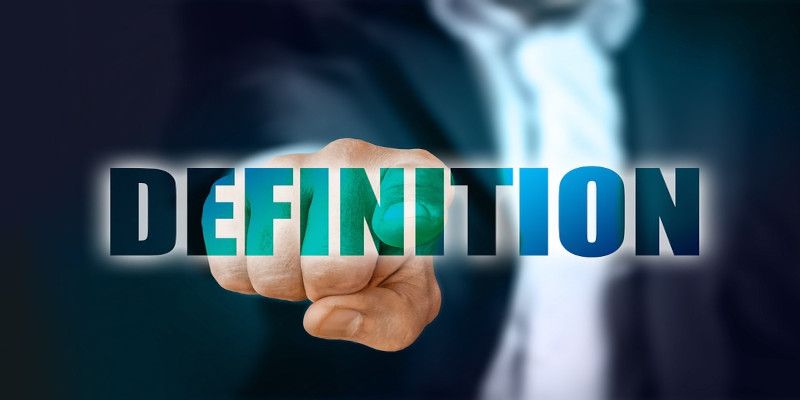
Ethics are defining, recommending, and defending codes of conduct that determine what’s right and wrong.
Virtue ethics refer to rules by external sources and are codes of behavior.[1]https://www.scu.edu/ethics/ethics-resources/ethical-decision-making/what-is-ethics/
A person who is willing to do the right, moral thing, even though it might be hard and/or dangerous, is considered ethical.
Virtue ethics are defined by society and are often, though not always, our moral values in action!
What are values?

Value is the degree of importance of something, or an action.
Their goal is determining what the best way is to live a meaningful life, and what actions are deemed meaningful to you as an individual.
What is morality?

Morality is the differentiation between right/good and wrong/bad about our intentions, decisions, and actions.
In our society, we tend to make a distinction between people with good morals, and those with poor ones. Morals refer to an individual’s principles involving what’s right and wrong. This is what we call moral principles.
Morality, in my opinion, is defined by every person individually. Let’s say that murder becomes legal and not punishable by law for example.
Do you think most people would find it okay and think it’s the right thing to do? Because I think if we would do a survey, then most people would find murder becoming sanctioned a despicable proposition. Which implies that moral principles are not defined by society, but by the individual.
On the contrary, there are probably some people out there who find despicable behavior like stealing okay because “other people do it too.” This is what we call unethical, or possessing unethical principles.
How do we define a society?
Society can be defined as a group of individuals who are involved in active and persistent social interaction.
However, it can also be viewed as a larger social circle that shares a common social or spatial territory in a more or less ordered community.
Examples of values, morality, and ethics in action

Values, morality, and ethics in practice
Imagine you are at your workplace. One of your colleagues bullies another coworker of yours and threatens to make sure they lose their job.
You as an individual find this behavior of the bully wrong and despicable. This means that you are moral since you don’t condone this kind of poor behavior personally.
You are ethical if you take action and defend your fellow workers who are being victimized by either standing up for them or by telling your boss what’s happening.
You are an ethical individual since society demands you to treat each other as equals, to be fair, to tell the truth, and because society deems bullying to be awful.
The aggressor in this case is an example of unethical behavior and is not acting according to society’s ethical norms.
Your personal value system and good morals come into play if, for example, you find being far less important than you find bullying despicable. Your values are highly personal and differ from person to person.
Another great example of ethics, values, and morality in action is the following

You are the boss of two employees. Let’s just say that they are both equally smart and skilled for the easiness of measurement.
They both work equally hard and do their work every bit as well. The only difference is that one of them likes their work and tries to do it as well as they can because they find it critical to deliver quality work for the company.
This person’s actions are pure and ethical. The other person, on the other hand, does it purely to avoid punishment from the boss because they get paid well, and because they don’t want any trouble.
This person’s actions are more guided by fear of punishment and for personal gain rather than goodwill. This person’s actions are less pure and more unethical.
You might say, well they both do an equally good job, so it’s all fine, no? Well not exactly. In the short term, they both work equally well and produce the same results. However, in the long-term, let’s say a few months to a couple of years down the road, they won’t deliver an equal job anymore.
That’s because one person does it. After all, their intrinsic value is to deliver a good product. After all, they like their work.
The other person does it purely for the pay and to avoid penalization. They’re not intrinsically motivated to deliver a good product. They’re only extrinsically motivated due to the money, vacation days, etc.
Different kinds of ethics

- Professional ethics
- Research ethics
- Ethics in Business Research
- Ethics and education
- Ethics and economics
- Natural ethics
- Modern ethics
- Ethical leadership
- …
As we can see, different kinds of ethical norms and principles are involved in everything we do in life and every role we consequently fulfill.
Ethical issues in today’s society

Discrimination
An ethical issue that’s still at play today, albeit to a much lesser degree, is discrimination.
For example, are workplaces diverse enough? Are people of other races left out or disadvantaged because of their skin color or culture? Do women get equal chances as men in the workplace?
I said in another post that I consider equality of outcome as a negative thing that’s not even desirable. But I consider equality of opportunity beneficial for every individual, and for society as a whole. Thus, equality of opportunity should be a basic right for everyone.
Although discrimination has become less common in the workplace, it does become an ethical issue if people are dismissed based on gender, skin color, culture, or age in a company. Which is of course never defendable or beneficial.

However, it should be noted that every workplace will naturally be preoccupied by either men or women, based on the type of job. That is NOT necessarily an example of discrimination, but rather a manifestation of different biological preferences between both genders.
It is also quite logical that not every skin color will be equally represented in a company if the human population in said country is primarily fair or dark-skinned. Since there is one population that is overrepresented compared to the other and thus, the pool to pick employees from is not equally exemplified.
Regardless, I believe that people should be chosen based on their abilities. And not on their gender, age, social status, or skin color.
I do think that society has made great improvements in this regard and that discrimination has become less of a problem than it has been in the past. Although discrimination may of course still occur in some places, seeing as it’s not just limited to the workplace.
Health and Safety

Companies are obliged to protect the health and safety of their employees by law. Yet, some institutions might cut corners in an attempt to reduce costs and/or to get more work done more quickly.
This can create physical as well as emotional issues for the employees, which is not ideal and shouldn’t be an issue.
This means that health and safety create ethical issues if companies disregard the well-being and safety of their employees in an attempt to take shortcuts.
Harassment
Harassment can take the form of verbal abuse, physical maltreatment, bullying, racial slurs, or in extreme cases, even sexual assault.
Not only does harassment create a negative and toxic environment, but it can also cause employees to leave the company since they don’t feel supported or safe. It can negatively impact the welfare of the workers for a long time.
It becomes an ethical issue if a superior is alerted of harassment and takes no action to prevent it. That’s because they’re aware of the issue, yet decide to disregard it anyway.
Conclusion
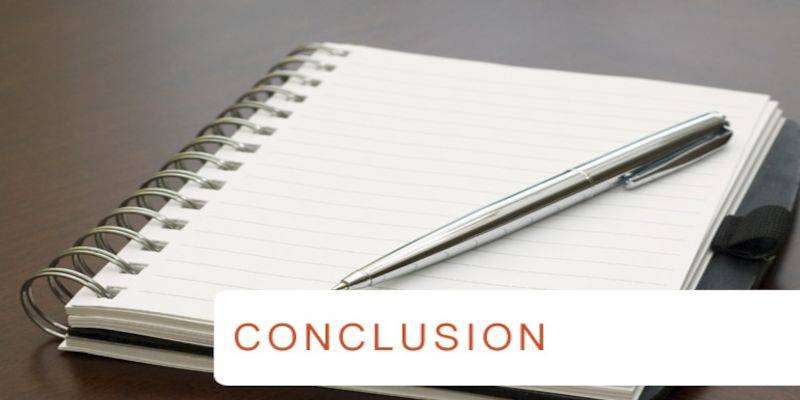
If your personal values, ethics, and moral principles are not well-developed, then it’s hard to live a decent and meaningful life.
They’re the foundation of a cooperative society. Without them, we wouldn’t be able to tolerate and live with each other peacefully.
There are people out there who behave by their unethical principles. But just because some people are unethical doesn’t give us the right to be as well. We can, and need to be better to be the change we want to see in the world.
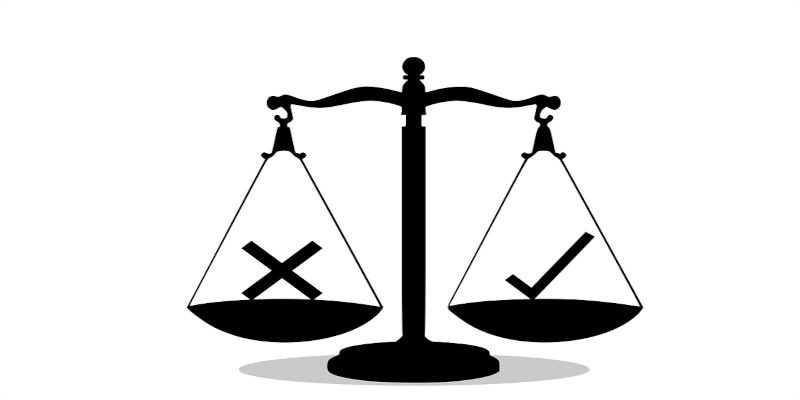



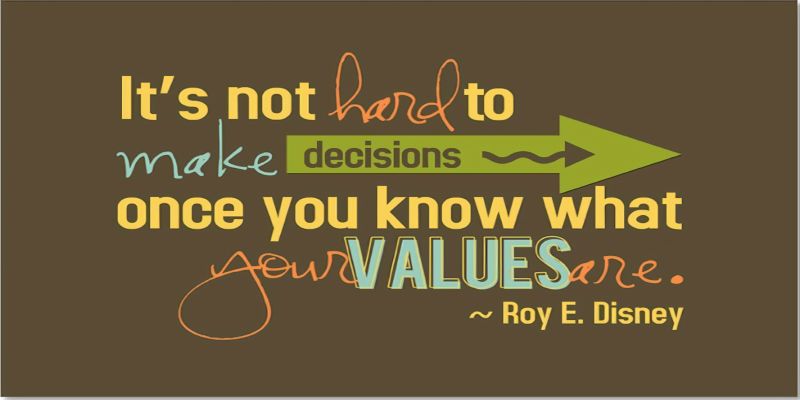


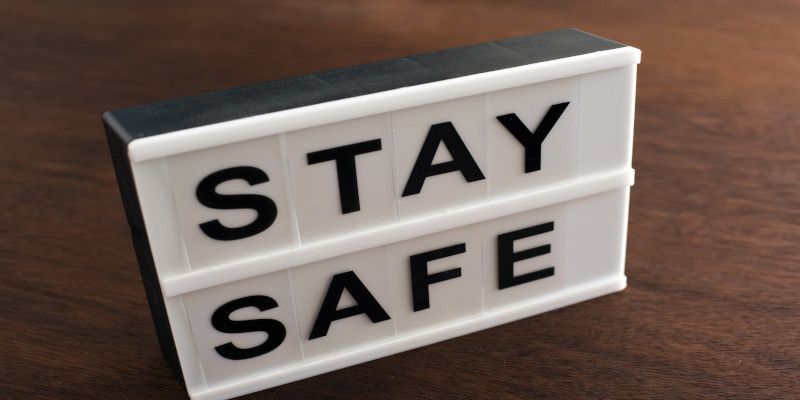
3 thoughts on “Why morals, ethics and human values are important for society”
Comments are closed.